As students progress through their high school careers, they are able to take Advanced Placement (AP) as well as college classes. Student opinion varies on whether they feel prepared to take tougher courses and on whether or not QSI should improve on the courses offered.
Since QSI is an Early College Initiative school, teachers start talking to students about college readiness skills, like handing things in on time and self-advocating, when they are in sixth grade. Many students feel that by the time they can take AP and college classes, they have those skills.
“Honestly, the college readiness stuff I’ve learned since I started at the middle school is really nice,” junior Lara Joy Jusi said. “The teachers are very diligent and the information they provide is really helpful.”
Like Jusi, sophomore Zaylin Brown, believes teachers have supported and prepared her for tougher classes.
“My experience has been really good taking Spanish 111 and still has been in Spanish 112,” Brown said. “If I ever needed extra help, it was always provided to me and has been effective for me to understand the topic.”
But some students have had a completely different experience.
“I feel like there are some issues, especially when it comes to preparation for tests and exams,” said sophomore, Samiya Sakenuddin, who is currently taking AP Chemistry. “The school emphasizes being an early college school and pushes students to be “college ready” but if I’m being honest, there’s not a lot of support for the students here when it comes to things like time management or even just being in the right mindset to take such rigorous classes.”
Other students taking AP classes corroborated Sakenuddin’s claim of just how difficult the AP classes are.
“AP classes are really hard, the work has been iffy,” said Jusi. “It’s a lot to contain, especially since I’m a junior it’s been hard to balance.”
QSI offers five AP classes: AP Chemistry, AP Biology, AP Environmental Science, AP Psychology and AP PreCalculus. Teacher opinion differed on whether more or different or any AP classes at all should be offered. And some teachers were unable to provide a fully developed opinion on whether or not they would want to teach one.
“I don’t know, I don’t know enough about the AP courses to know if there’s even anything I would like to teach,” said algebra teacher Nicole Francipane. “I don’t even know what AP courses they have to offer.”
English teacher Barry Frank provided a refreshingly direct opinion of AP classes and the College Board, which is the organization that is responsible for tests like the SATs and AP exams.
“I don’t like AP classes. The AP is owned by College Board and College Board is the same people that give the SATs, and I believe that the AP classes and College Board are directly linked to testing and big business,” said Frank. “And I believe they are a part of the problem and they are ruining education and that AP classes are set up for students to fail.”
Frank also argued that AP classes contribute to inequity in schools.
“There is so much material, so much content that needs to be covered, that a student can’t possibly learn that all,” said Frank. “In order for a student to do well on an AP test they have to go to outside tutoring classes and that favors the wealthier students and therefore I think that AP classes add to the inequity within our overall system.”
Frank’s opinion is shared by some experts in the field of education. For instance, Diane Ravitch, a former assistant secretary of education under George H. W. Bush told the New York Times that “[t]he A.P. has become a cash cow for the College Board. If it really wants to promote equity, offer the tests for free.”
But despite the debate over the benefits of AP classes, students still want to take them and want more of them.
“I feel like QSI could offer more in terms of classes for students to really explore potential career choices,” said Sakkenuddin. “I would love to see more departments of education at QSI like possibly a computer science or law program, or a further developed arts department with more music classes other than choir and theater.”
Sophomores Eric Yang and Ayesha Daftanai, neither of whom have taken any AP courses yet, agreed that AP computer science should be offered. But Daftanai added that there should be other courses, too.
“APs are also needed for students that aren’t interested in STEM and are interested in other fields, such as journalism, which are just as important,” said Daftanai.
Lindsey Sequeira, a school counselor, disagreed that there aren’t enough AP course offerings.
“I don’t know if I think there is a little amount, I think there’s a lot. Starting in ninth grade, students take an AP class, and that is Environmental Science.” Sequeira said. “Also if eligible, they can take a college class, a language, that gets them three college credits. So, I think that’s pretty advanced for ninth grade and as you move along there are more opportunities for AP.”
According to science teacher John DiGregorio, AP Environmental Science was offered for the first time last school year and was open to freshmen this school year.
“It was pretty annoying when I found out this year’s freshmen are able to take it,” said Yang. “If I had the opportunity to take it last year, I could have had more credits.”
One potential hurdle to adding more AP classes is related to classroom availability.
“If the DOE could find us a larger space I think that could change what we have to offer,” said Sequeira. “We don’t have space. Right now, it’s very difficult to find a free room any time during the day, so if we had more classes to offer we would have nowhere to put them,” she said.
Even though there may be space issues, some students are still disheartened that the available space is given almost entirely to AP science and math classes instead of sharing space with the AP classes that they are interested in taking.
“While it’s great that QSI has many opportunities for students interested in physical sciences, I think that they should also figure out how to incorporate more advanced classes involving engineering and more law based studies as well, as both have been growing in popularity,” said Daftanai.


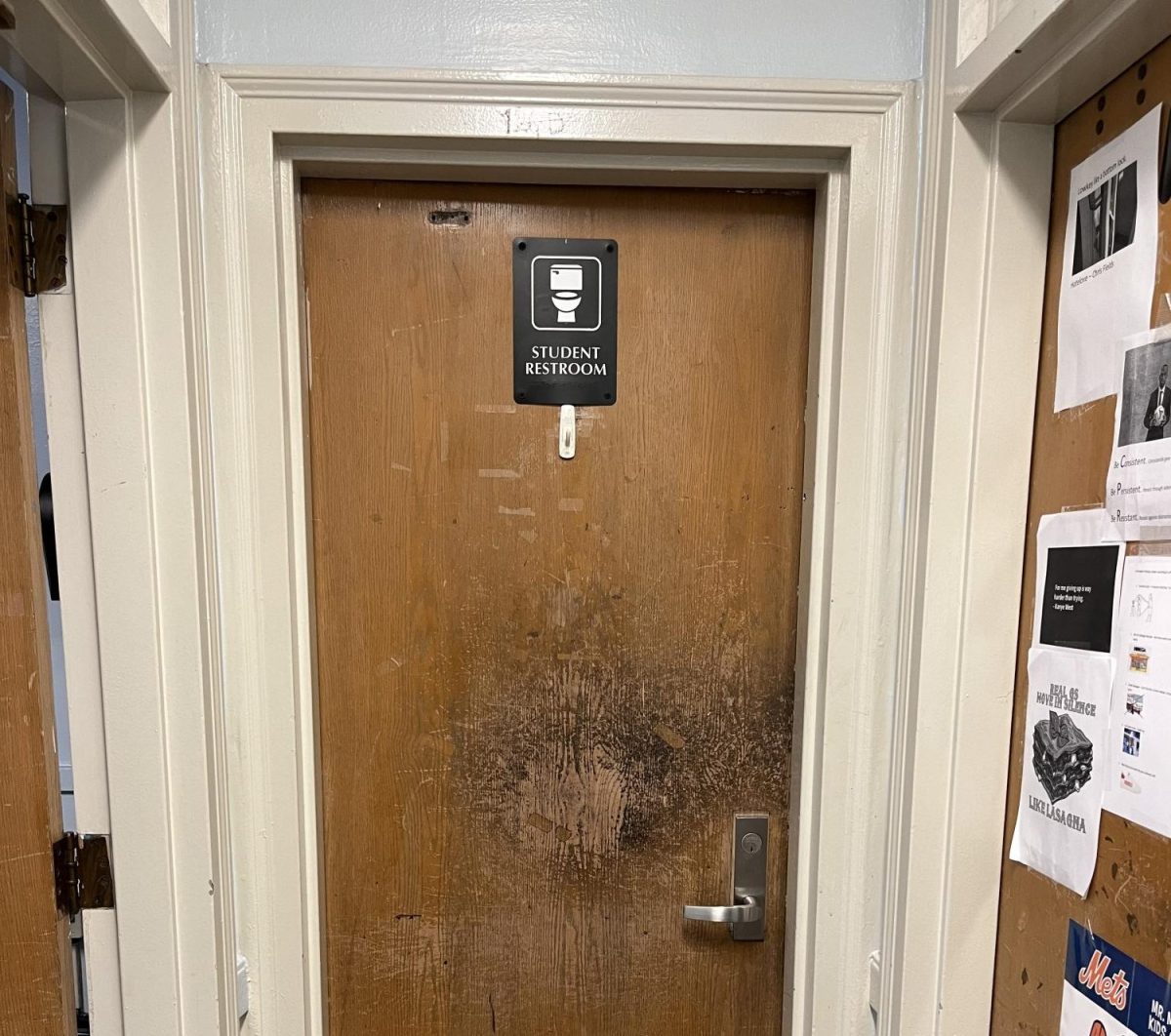
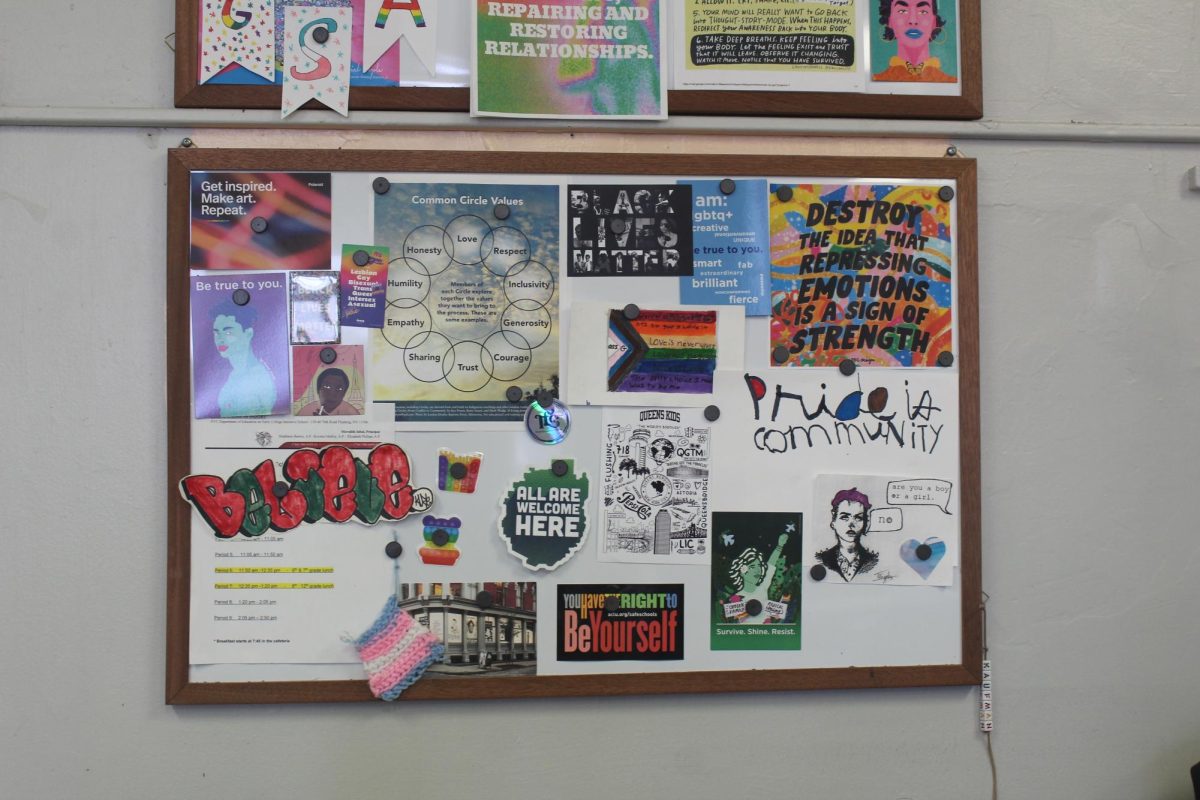


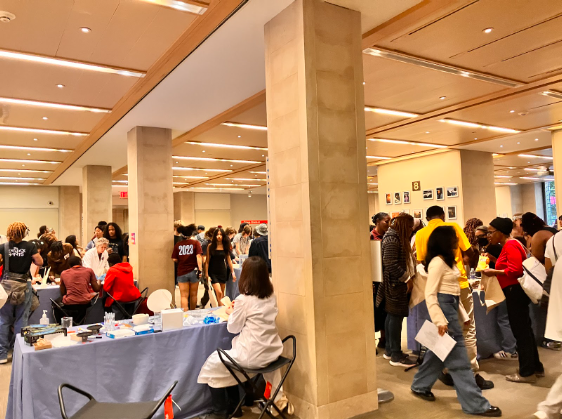


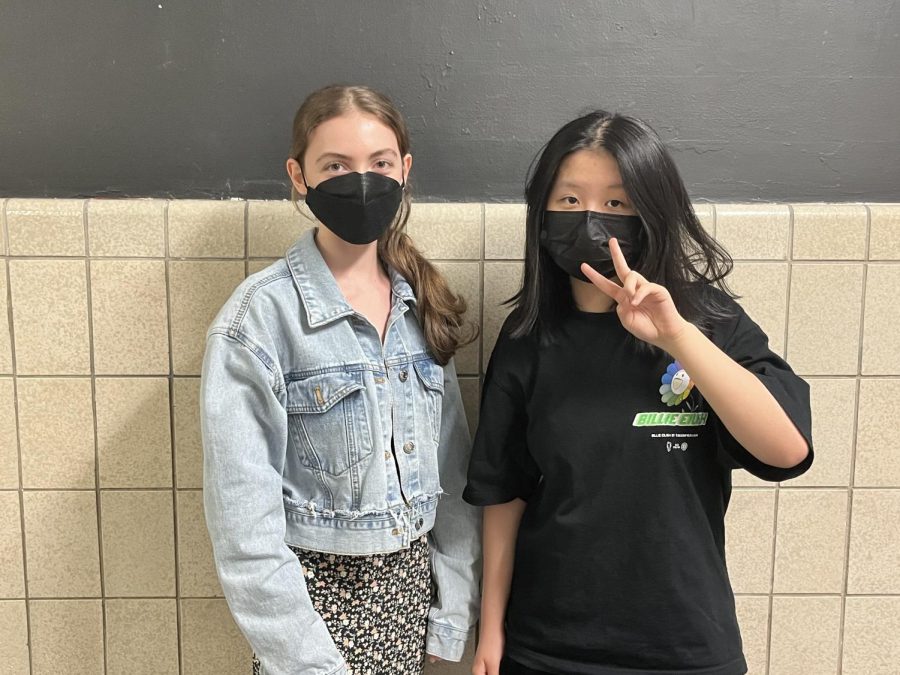


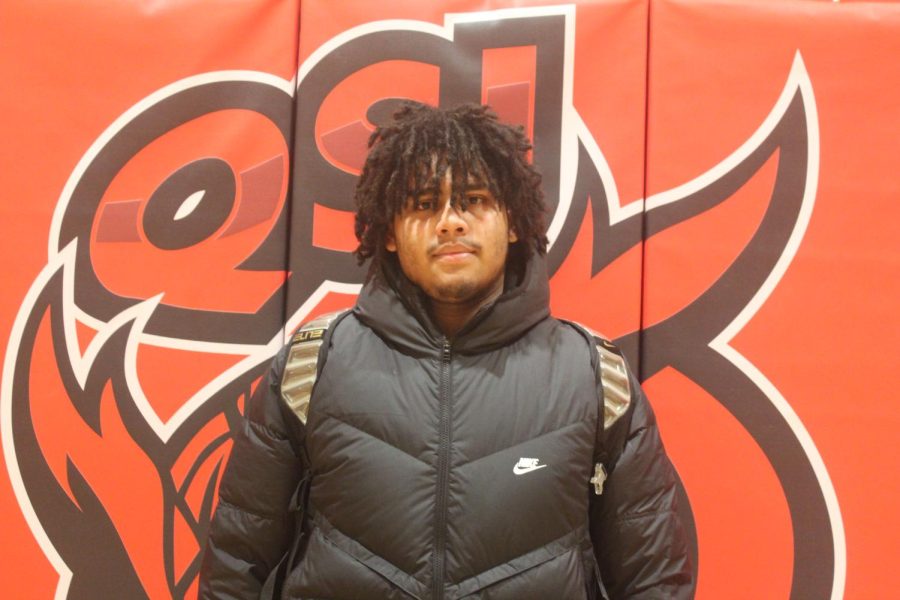
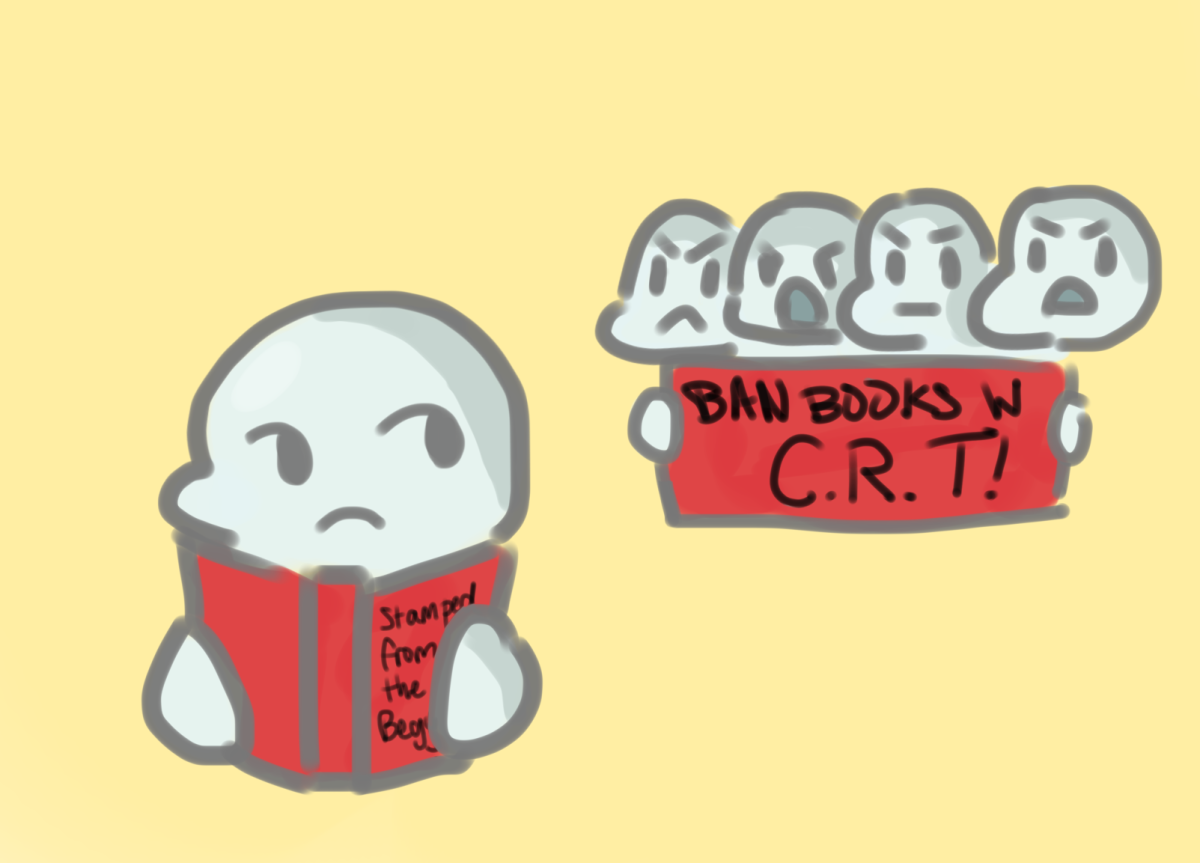
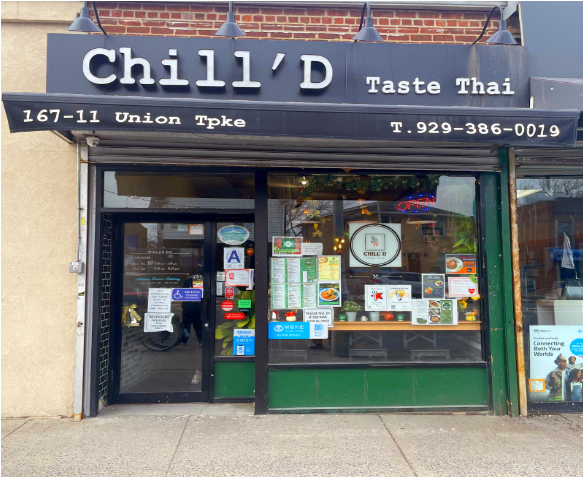
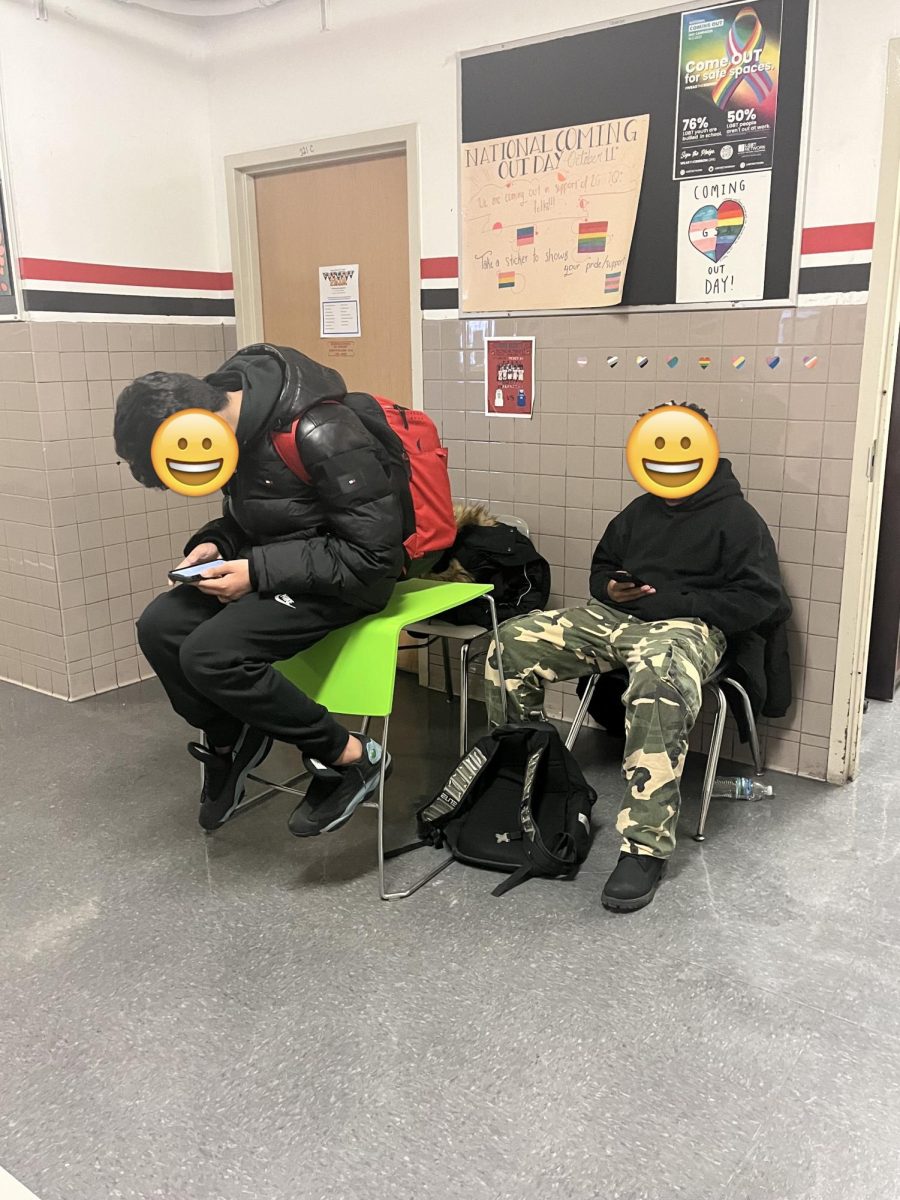
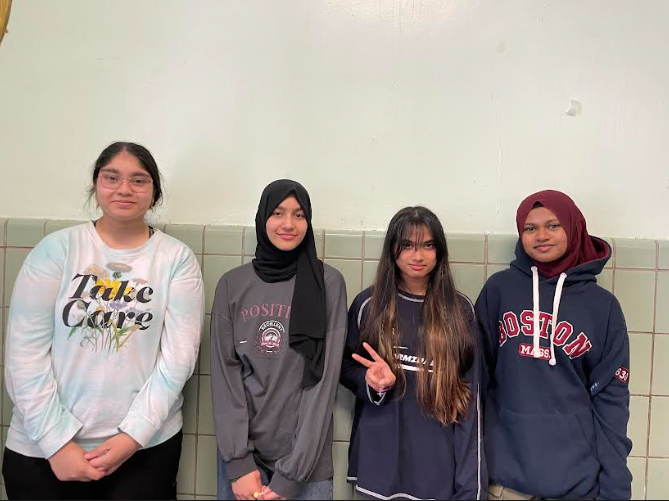
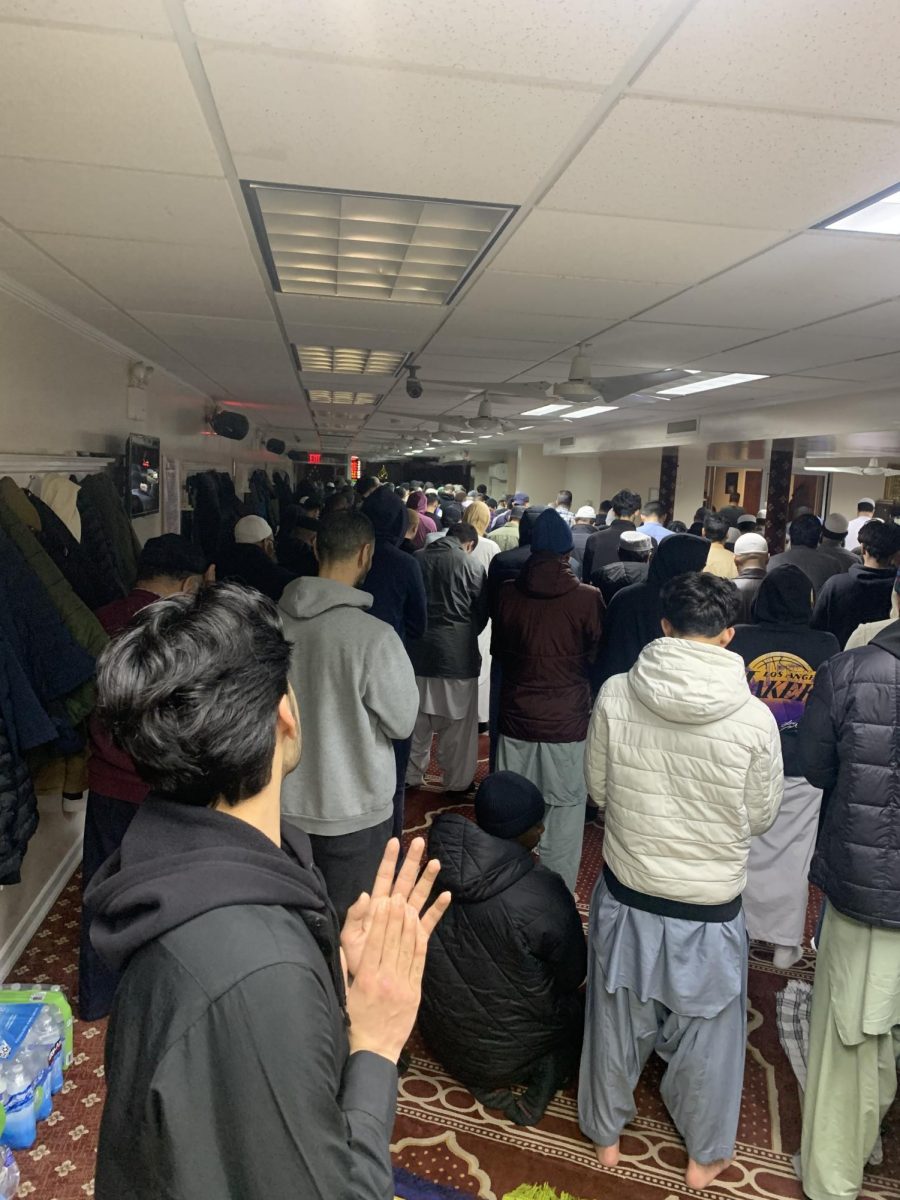
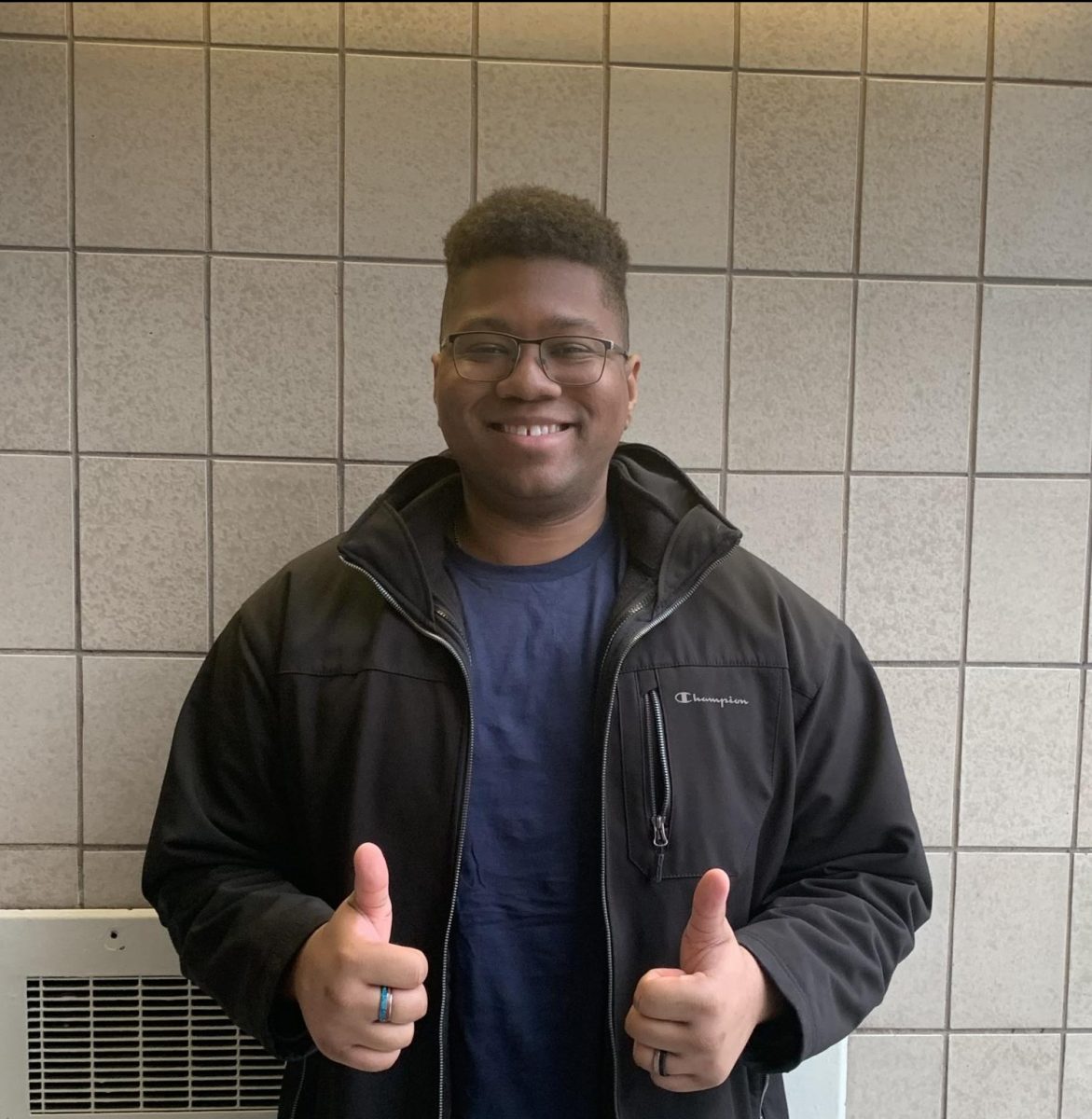

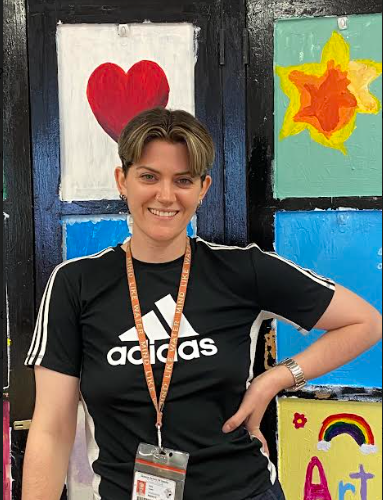

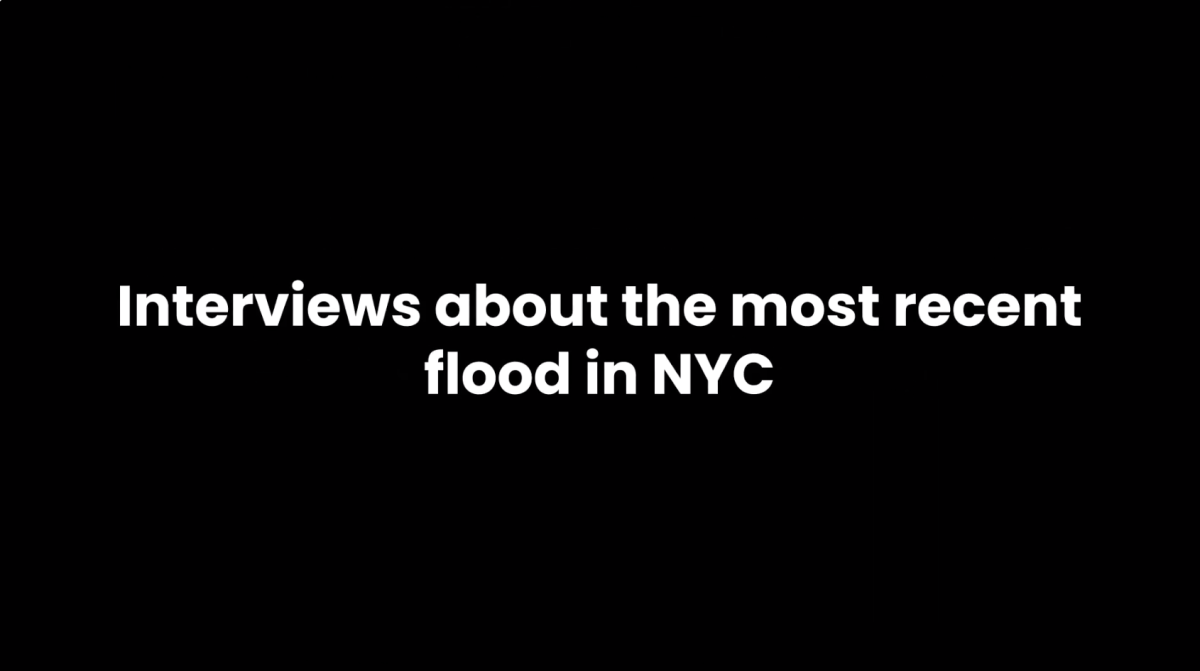
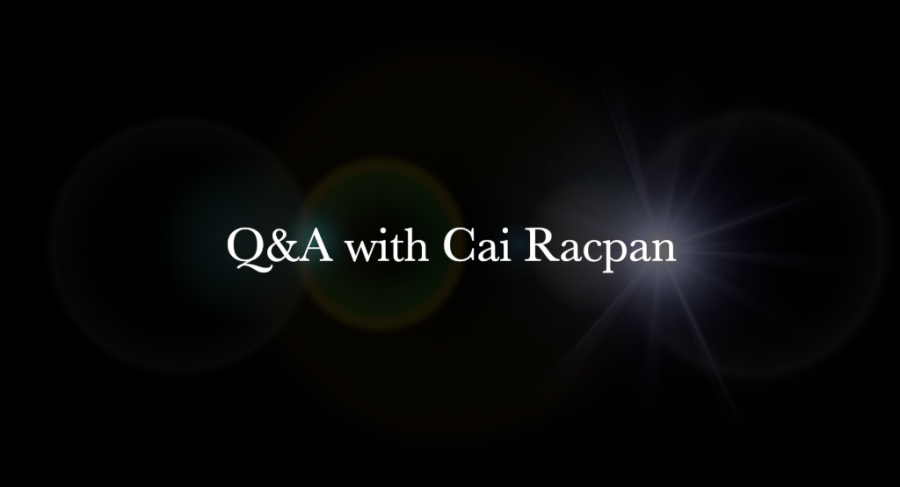

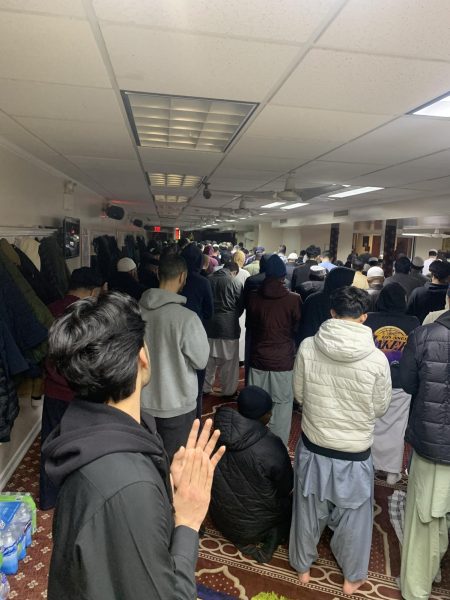

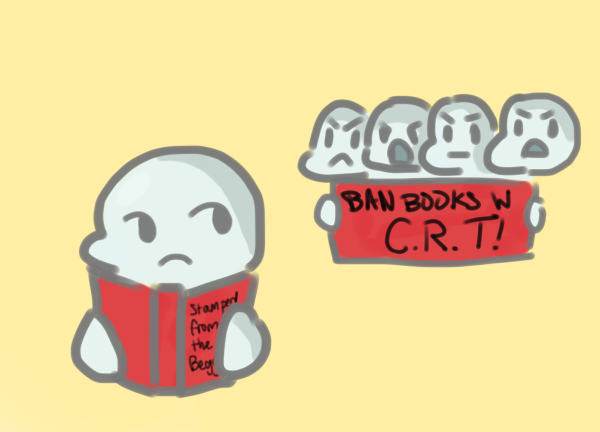
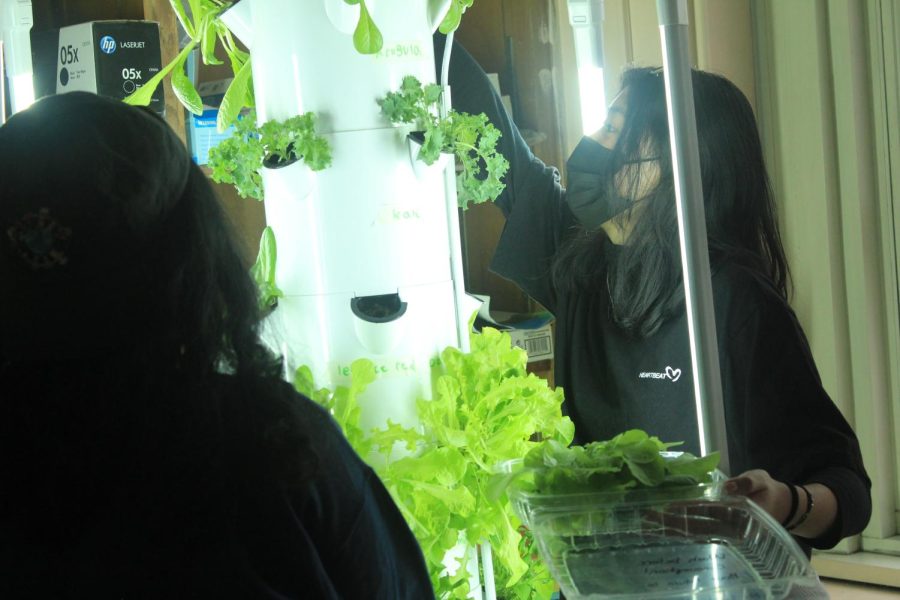

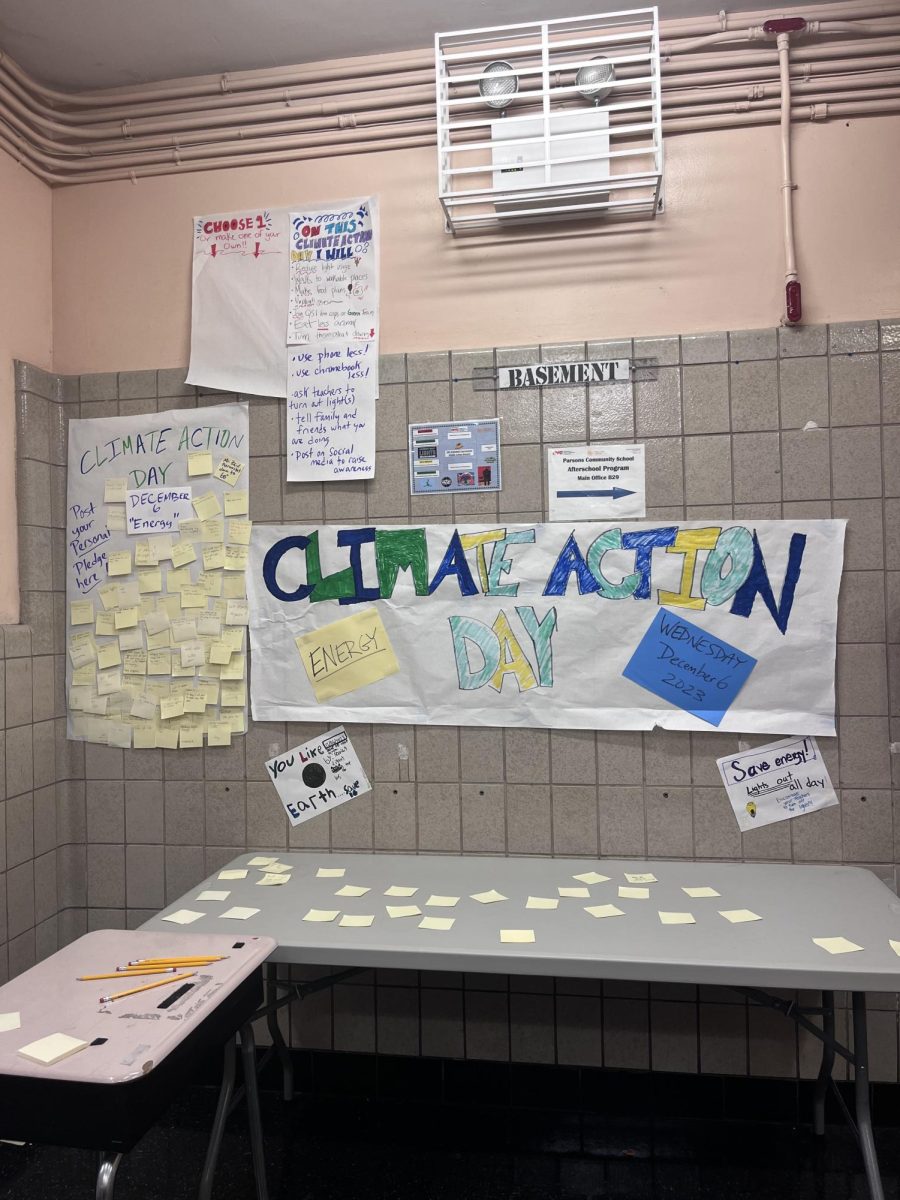

Michael • Mar 24, 2024 at 3:36 PM
I think our school should just stick to AP classes being offered during junior and senior year that way students are much more experienced in taking a rigorous course. Additionally, jumping from Living Environments to an AP class is something not all students can navigate. Most students can’t even focus on their other classes because of the crucial amount of studying required in the AP course. This also gets in the way of other students extra curricular activities after school, stressing students even more.